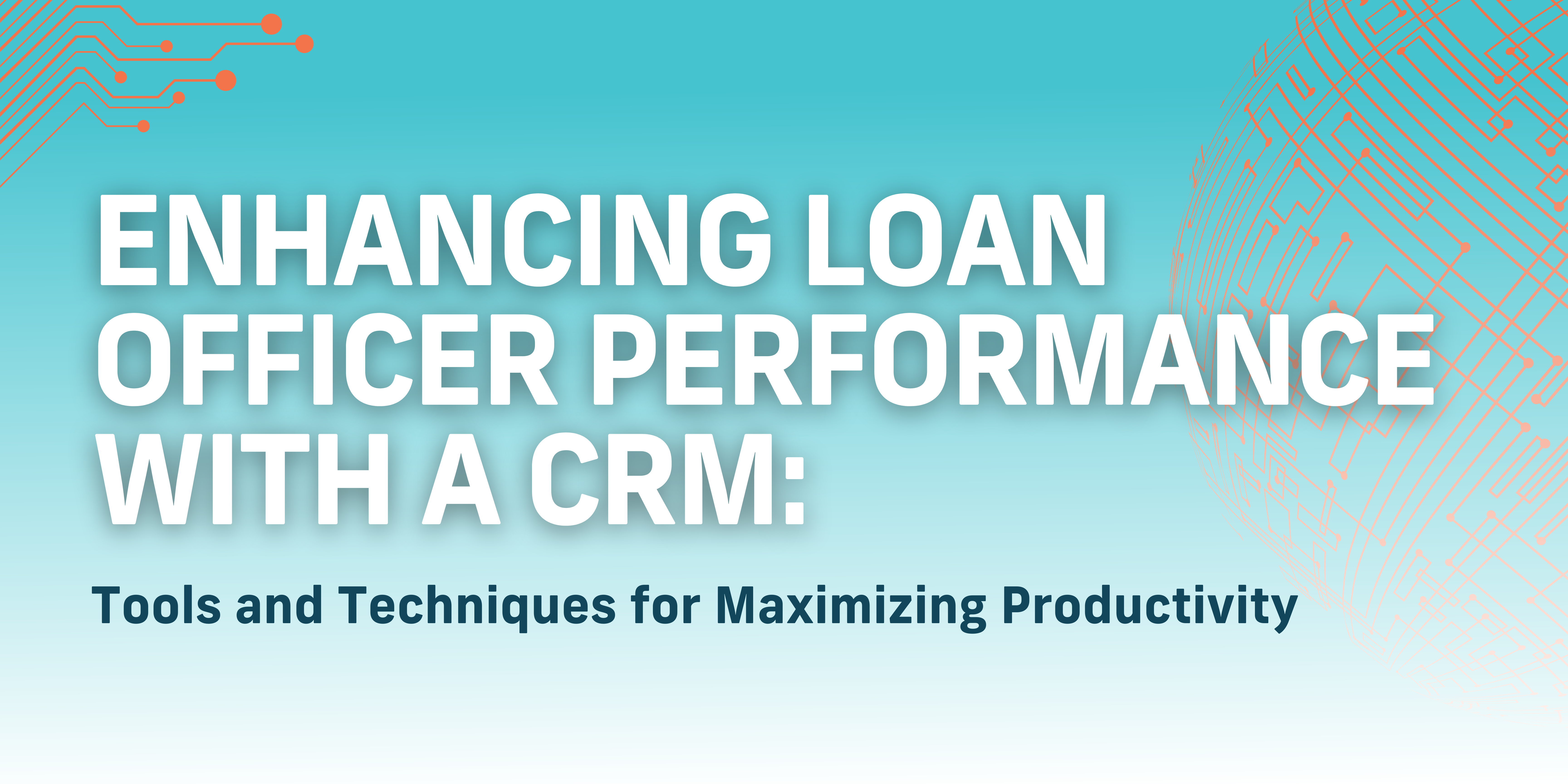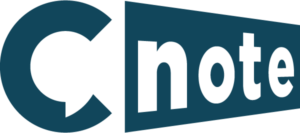Enhancing Loan Officer Performance with a CRM:
Tools and Techniques for Maximizing Productivity
Loan officers are always on the lookout for strategies and tools to streamline their workflows, manage their pipelines more efficiently, and improve their communication with prospects and clients. They have to be. One of the most powerful tools at their disposal is a Customer Relationship Management (CRM) system specifically designed for the mortgage sector. A well-implemented mortgage CRM not only enhances loan officer performance but also significantly improves the customer journey. Let’s delve into the features within CRMs that assist loan officers in maximizing their productivity and effectiveness.
Pipeline Management
Effective pipeline management is crucial for loan officers to keep track of their prospects and clients throughout different stages of the loan process. Mortgage CRMs provide a comprehensive overview of the pipeline, allowing loan officers to see the status of each loan at a glance. This visibility enables them to prioritize tasks and manage their time more efficiently. Customizable statuses, automated alerts, and reminders ensure that no step is missed, and every opportunity is nurtured to its full potential.
Automating Follow-Ups
Follow-up is a critical component in the mortgage process, yet it’s often time-consuming. This is where automation features within a mortgage CRM can be a game-changer. Automated email and SMS campaigns can be triggered based on specific actions or milestones, ensuring consistent communication without manual intervention. This not only saves time but also significantly improves lead engagement, pushing prospects further down the sales funnel toward conversion.
Effective Communication Tools
Communication is key in any relationship, and this holds especially true between loan officers and their clients. Mortgage CRMs come equipped with various tools to facilitate effective and timely communication. Integrated email and messaging platforms allow for seamless interactions from within the CRM itself. Moreover, document sharing and e-signing functionalities simplify the exchange of necessary documents, making the process quicker and more convenient for both parties.
Lead Scoring and Prioritization
Not all leads are created equal. Recognize the leads with the highest potential for conversion through lead scoring mechanisms within the CRM. By analyzing the behaviors and interactions of prospects, the system can assign scores to leads, enabling loan officers to focus their efforts where they are most likely to be fruitful. This prioritization is vital in allocating resources efficiently and pursuing the opportunities with the highest return on investment.
Integrations with Other Platforms
The power of a mortgage CRM multiplies when it’s seamlessly integrated with other tools and platforms used by loan officers. Integration with loan origination systems (LOS), credit verification, and underwriting services streamlines the loan approval process. Simultaneously, connectivity with marketing platforms enhances lead generation and nurturing campaigns. These integrations provide a centralized platform where loan officers can manage all aspects of their work without the need for constant switching between different systems.
Analytics and Reporting
To continuously improve performance, loan officers need insights into their activities and outcomes. Modern mortgage CRMs come with advanced analytics and reporting features that allow for tracking key performance indicators such as conversion rates, lead sources, and loan processing times. These insights are invaluable for making informed decisions, refining strategies, and identifying areas for further improvement.
For loan officers aiming to thrive in today’s mortgage market, adopting and fully leveraging a mortgage CRM is not just an option—it’s a necessity. With features designed to automate and streamline various aspects of the lending process, CRMs not only boost loan officer productivity but also elevate the overall customer experience. By choosing a CRM that fits their unique needs and fully embracing its capabilities, loan officers can achieve greater efficiency, drive more conversions, and build stronger relationships with their clients.
In conclusion, CRM tools and techniques play a pivotal role in enhancing loan officer performance, providing a competitive edge in the fast-paced mortgage industry. Through effective pipeline management, automating follow-ups, utilizing effective communication tools, and leveraging analytics, loan officers can maximize their productivity, ensuring they not only meet but exceed their performance goals.
